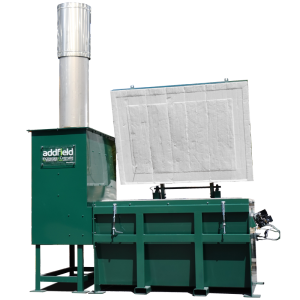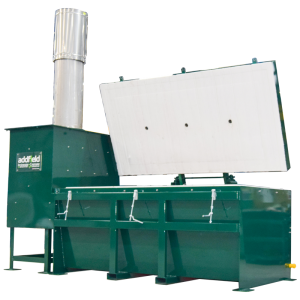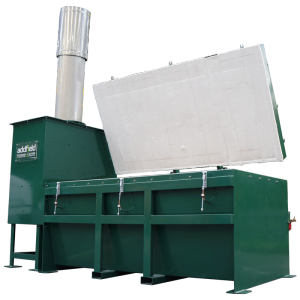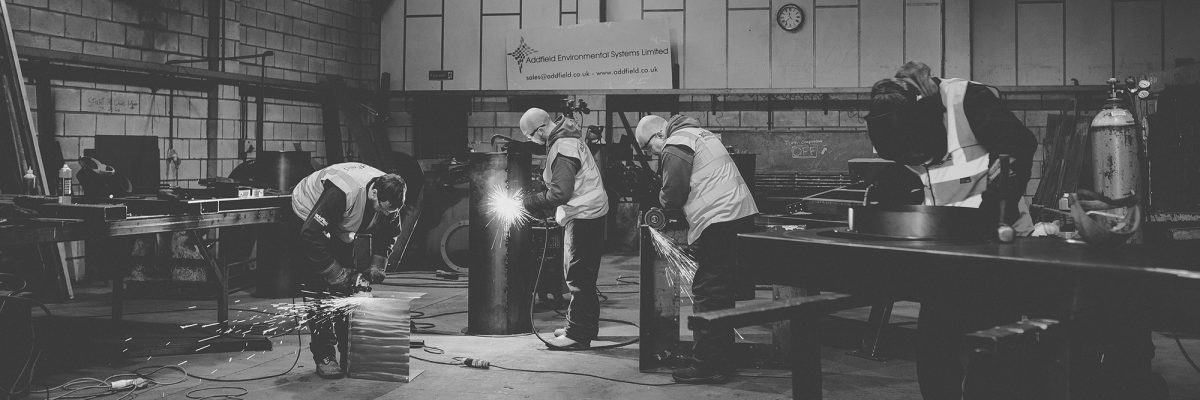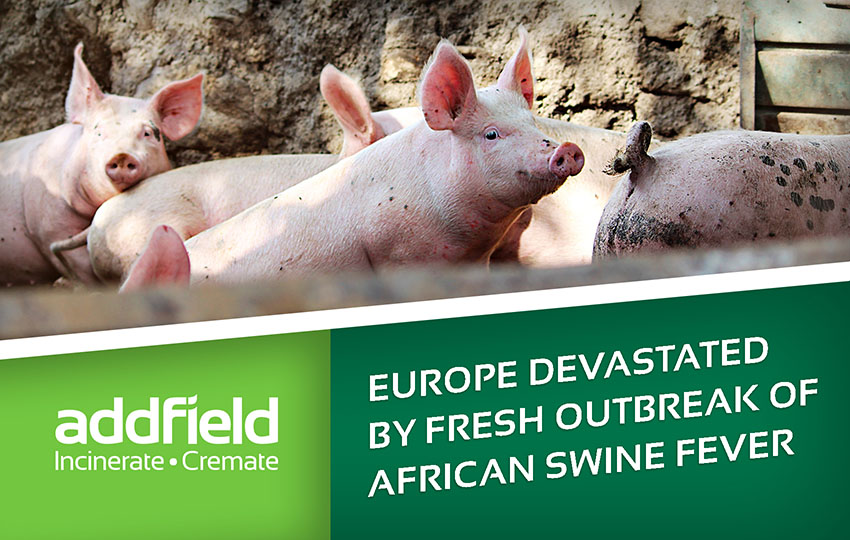
28/11/19
African Swine Fever devastates swine herds across Europe.
How to protect yourself from the dangers of African Swine Fever.
This year has seen the return of one of the most devastating agricultural viruses for pigs. With over 100 reports of the highly contagious outbreak of African Swine Fever Virus (ASFV-Asfarviridae) across Europe and Asia recorded during the start of autumn.
Although African Swine Fever was believed to have been wiped out throughout Europe in the 1990s its return has been expected following the rapid increase in the global agricultural industry. The spread of ASFV has been gaining traction across Eastern and Western Europe with Belgium being the latest country to record infections in wild boar and domestic pigs. The last time Belgium was affected was in 1985 when it had to cull 30,000 pigs, if the virus takes hold this year it could result in far greater numbers. Already responsible for more than 300,000 pigs being culled throughout China and Eastern Europe.
Europes second largest farm in Romania has had to cull all of its 140,000 pigs thought to have become affected after water from the nearby river Danube, which has been used on the farm for years, became infected following the believed dumping of infected pig carcass by local small holdings. This outbreak is set to cost the country millions and threaten the jobs of thousands of people if it is not able to be controlled quickly.
The latest outbreaks of ASFV are reported to have began in 2014 with reports in Central and Eastern Europe including Lithuania, Poland, Latvia and Estonia before moving to the Czech republic in 2017 and Romania and Hungary in 2018. Further afield Chinese authorities have ordered culls alongside placing a ban on movement of live pigs in reaction to the outbreaks across ten of its provinces.
ASFV is such a serious problem that governments are proposing building border length walls to control movement of wild boars. Although there has never been a recorded outbreak in Great Britain the risk still needs to be respected.
At Addfield we work with farmers across more than 95 countries and are experts in biosecurity and can help you minimise your risks. With all this potential risk just what is African Swine Fever and what can be done to prevent it’s spread?
The most important thing to be aware of is that the virus is unique to swine and does not affect humans or other animals.
A highly contagious disease that generally results in the death of domestic pigs and wild boars.
Initially hard to diagnose as the initial symptoms such as fever, lethargy and loss of appetite are very similar to other diseases that pigs are susceptible to. The signs initially become noticeable within three to fifteen days following infection.
· Once the infection has taken hold the symptoms increase in severity with noticeable reddening of the skin and patches appearing on the tips and tails, chest, feet and under belly.
· Difficulty breathing alongside sickness and diarrhoea
· An unwillingness to get up and in many cases death.
· In extreme cases the initial sign of infection is death
The disease is predominantly spread through direct contact, feeding contaminated meat and pork products, ticks, fleas and other insects. As well as through contaminated objects bringing the virus onto farms and into contact with livestock, most preventable on vehicles and clothes.
Without a reliable treatment to cure the disease the number one action that needs to take place is prevention.
Practicing strict biosecurity is essential becoming stricter with how you handle pigs, only feeding them approved foods and not kitchen scraps or meat products, which is illegal in some countries including the UK.
Monitoring visitors to your site closely, to ensure biosecurity as well as ensuring full cleaning and disinfection takes place for all visitors and vehicles coming to and leaving your premises.
Only allow essential visitors to enter your site and ensure that they wear clean or disposable clothing and footwear, alongside washing thoroughly and showering if possible to prevent bringing contamination onto site. Make sure that any vehicles and equipment entering your site are cleaned and disinfected before entering and leaving your farm.
Enforce a curfew for visitors insisting that they have not been in contact with other pigs for 72 hours prior to visiting your site.
In the unfortunate situation where a cull occurs there is only one safe way to remove the infected livestock and that is through reliable incineration. Reducing the number of visitors to your farm is essential therefore being able to safely manage your fallen stock onsite through an Addfield incinerator is of maximum benefit. Managing your own incineration increases your reaction time, reducing the length of time that infected carcass are left on your site as well as restricting vehicles that may have already visited infected farms to collect your fallen stock could bring the infection onto your property. Having your own incinerator on site further protects your farm and livestock.
For more information:
View our agricultural incinerators by clicking here.
The Guardian – Europes Farmers on Red alert – click here
Gov UK – Guidance on African Swine Fever
DEFRA – Disease Control Strategy African Swine Fever
The Pirbright Institute – African Swine Fever Virus
South China Morning Post – Threat to $128 billion pork industry
DW – Romania battles African Swine Fever Outbreak
Reuters – African Swine Fever hits Romania’s biggest pig farm
Addfield incinerators are a key factor in maintaining biosecurity on farms worldwide. Click here to learn more about how an onsite incinerator can help combat Avian Flu Outbreaks.
To learn more about the agricultural range of incinerators from Addfield click here.
- British Designed.
British Built. - World leaders in
incineration technology. - Unrivalled build quality
& machine longevity. - Distributed to more
than 140 countries. - Environmentally
Responsible. - Trusted partner with
40 years experience.


